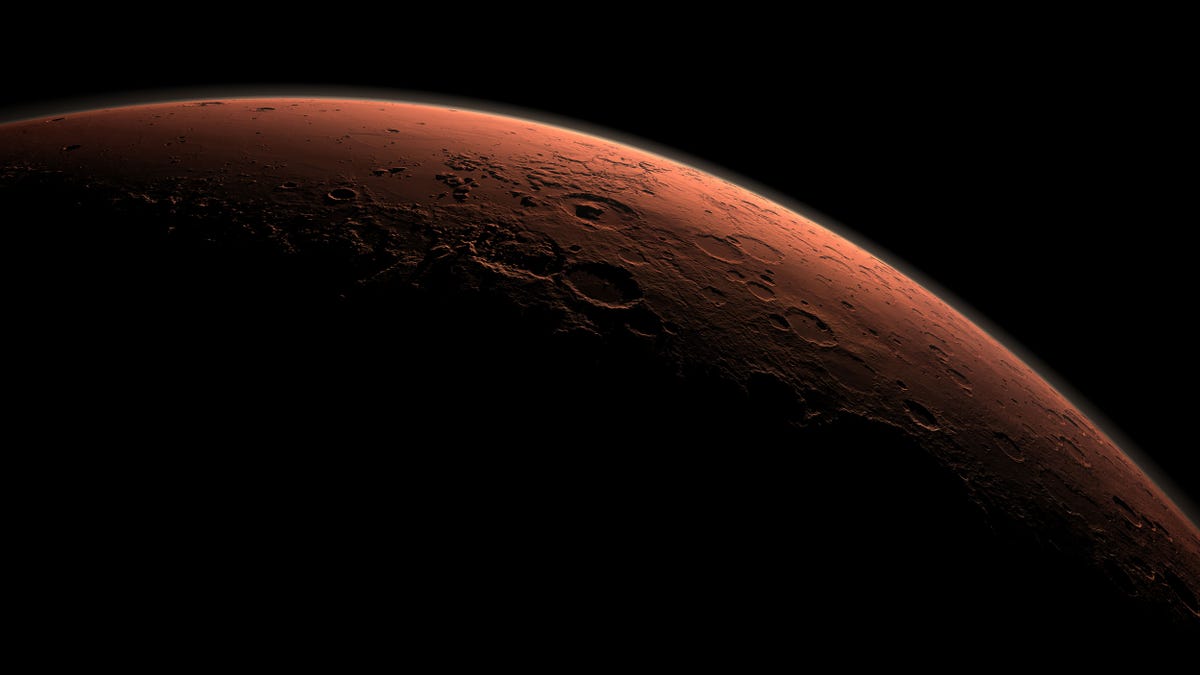
Copious amounts of methane and liquid nitrogen will be needed to produce the required propellant, but these key components of rocket fuel are as rare on Mars as fuel refineries.
Nick Kruyer, the first author of the new study and a researcher at Georgia Tech’s School of Chemical and Biomolecular Engineering, and his colleagues have outlined a production strategy in which the cyanobacteria, powered by sunlight and carbon dioxide, produce sugars that the E.
Called 2,3-butanediol, it isn’t the most energetic propellant ever invented, but in the relative low-gravity environment on Mars, this rocket fuel will get the job done, the researchers argue.Other scientists had assumed that methane was the only solution, “as it is a high-energy fuel that can be made chemically from carbon dioxide, which is abundant on Mars,” Pamela Peralta-Yahya, a co-author of the study and an associate professor in the School of Chemistry & Biochemistry at Georgia Tech, explained to Gizmodo in an email.The bioproduction of Martian rocket propellant would require 32% less power than NASA’s proposed chemical solution—that is, the plan to ship copious amounts of methane to Mars.What’s more, the proposed chemical solution would generate carbon monoxide as a byproduct, “which would need to be scrubbed,” said Peralta-Yahya.
As for reducing the overall cost of the endeavor, that’s less obvious, as this solution would require a 2.8-fold higher payload mass than the proposed chemical strategies, the scientists say.